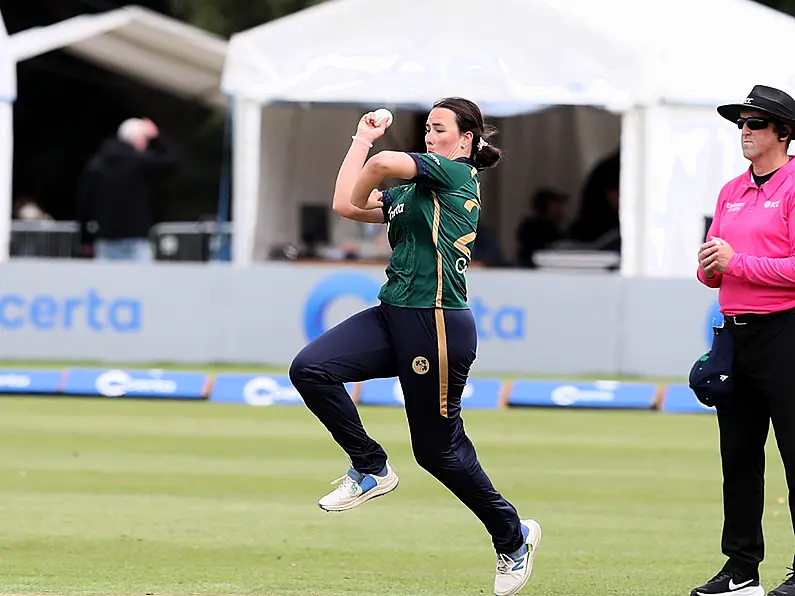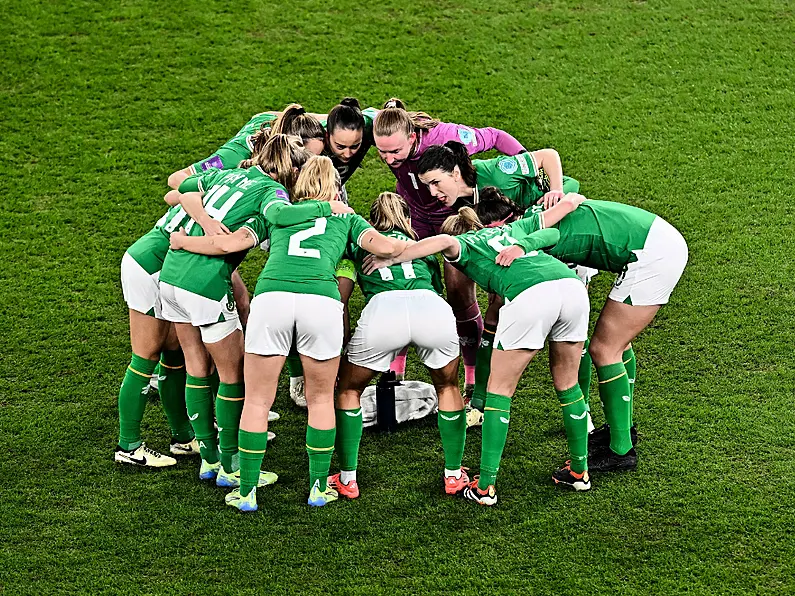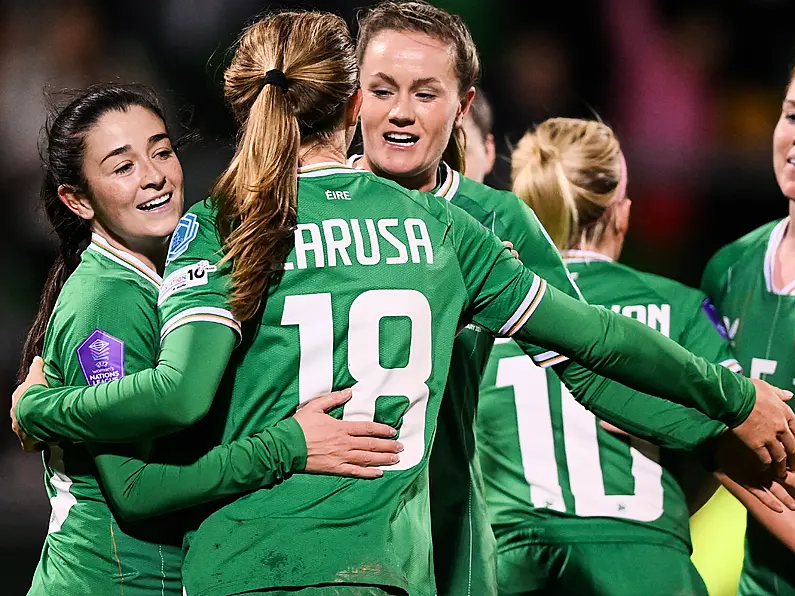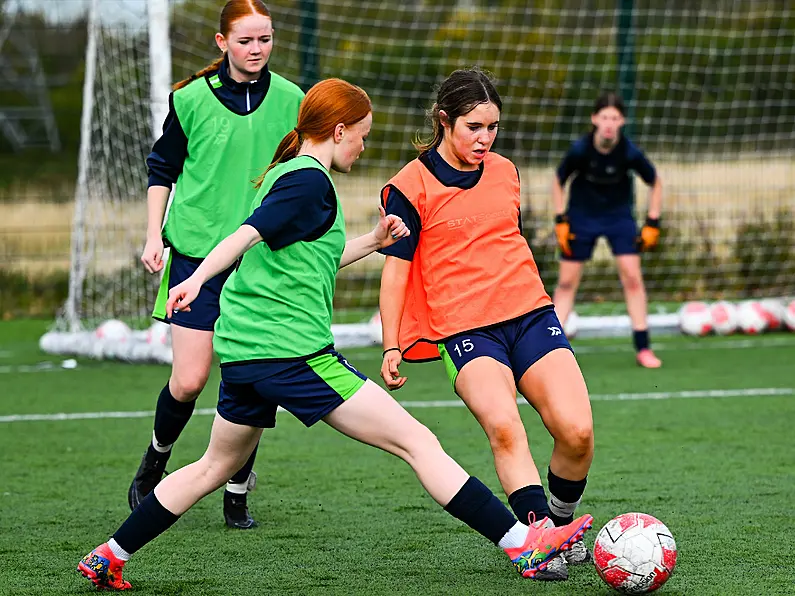Three prominent players from Argentina's women's national team have quit the squad just days before two friendly matches. On 28 May 2024, goalkeeper Laurina Oliveros, defender Julieta Cruz, and midfielder Lorena Benítez announced their decision on social media, highlighting ongoing issues over not being paid and poor camp conditions.
“We reached a point in which we are tired of the injustices, of not being valued, not being heard and, even worse, being humiliated,” Cruz posted on Instagram. “We need improvements for Argentina’s women’s soccer national team, and I am not only talking about finances. I speak about training, having lunch, breakfast.”
Cruz and Benítez revealed that during national squad training sessions, they were given just a ham and cheese sandwich and a banana, which they deemed inadequate for high-performance athletes. Adding to their grievances, the Argentine Football Association (AFA) informed them they would not be paid for the upcoming friendlies because the games were being held at home in Buenos Aires. Benítez also pointed out the injustice of family members being charged 5,000 pesos ($5) for match tickets.
Oliveros expressed her dismay on Instagram, stating: “With a broken heart and thousands of dreams disappearing little by little. May the next generations enjoy and be happy running after the football, as we were sometime ago."
The AFA has not yet commented on the players' decision to leave.
Their protest has garnered support from notable figures, including Estefanía Banini, widely regarded as the best female player in Argentina's history. Banini, who stopped playing for the national team last year due to similar issues, expressed solidarity with her former teammates: “A matter of time. Thanks for being willing to speak about it,” the Atletico Madrid midfielder said on her social media channels.
This incident highlights the ongoing struggle for gender equality in sports. Similar protests have occurred globally, with players demanding fair treatment and adequate resources. Jamaica’s Reggae Girlz called for systemic change in their federation before their historic Women’s World Cup run in 2023, boycotting the team when their basic needs were not met. Similarly, Nigeria and South Africa's women's national teams called out their federations for mismanagement and unfair treatment ahead of the Women's World Cup .
While women's football is growing rapidly, incidents such the departure of Cruz, Oliveros, and Benítez from Argentina’s squad demonstrate the persistent inequities faced by female footballers.











